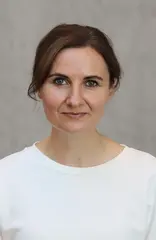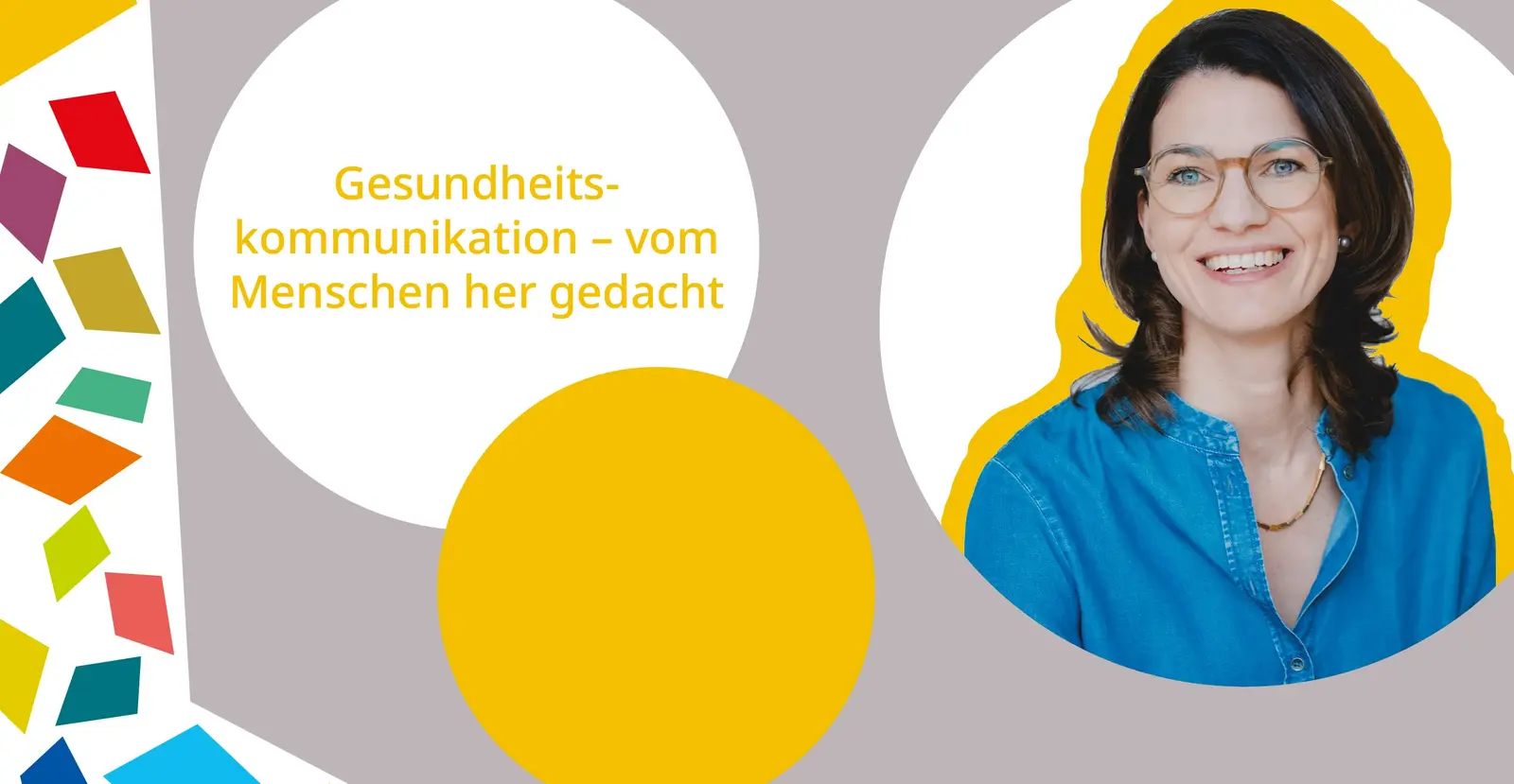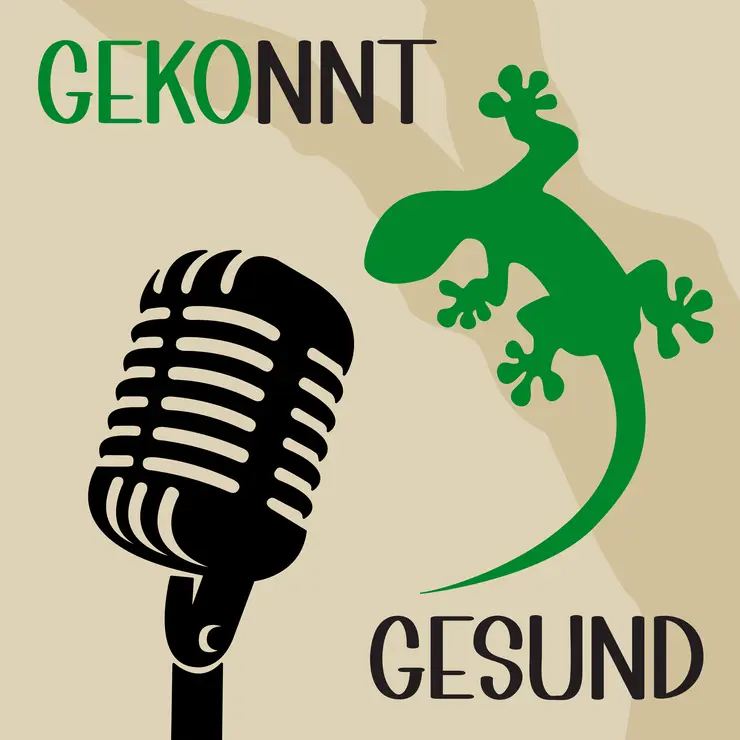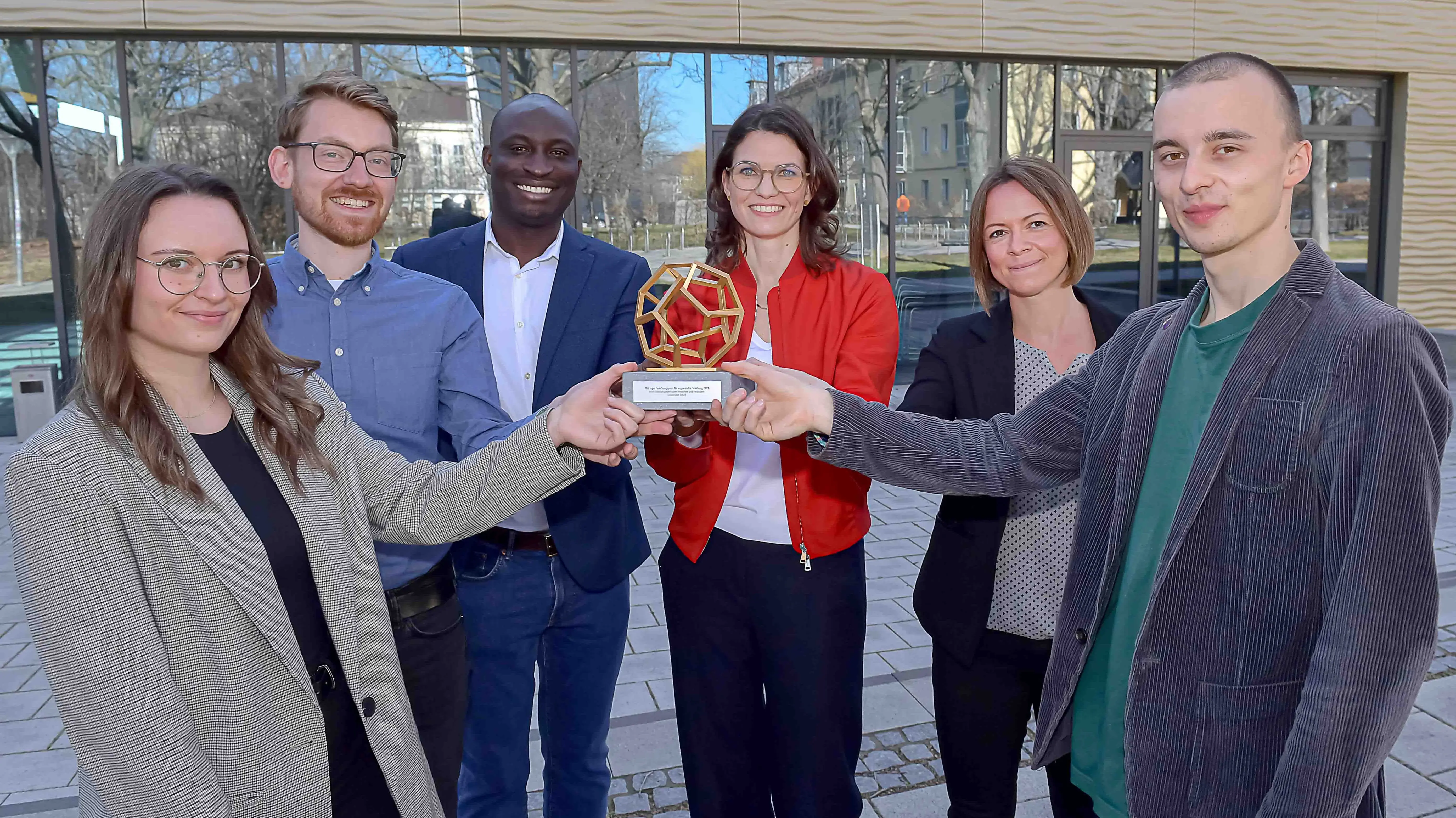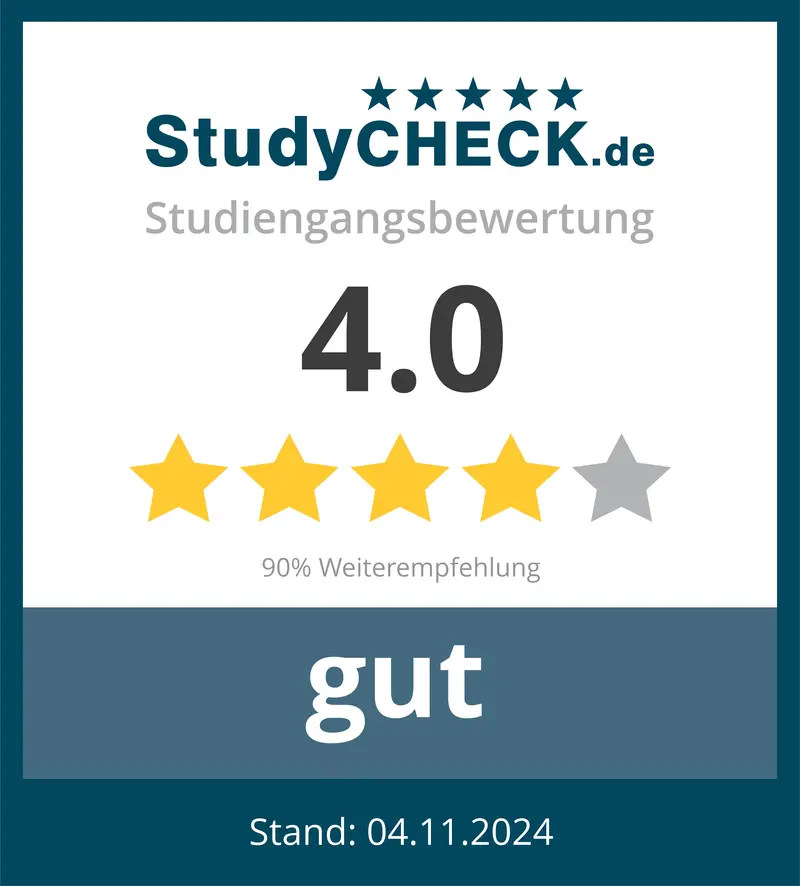Course content of the Master's degree programme in Health Communication
Health promotion and disease prevention are among the greatest challenges facing modern societies. In view of social, demographic and health policy developments, the spread of unhealthy lifestyles and the increasing threat of epidemics, there is a growing need to create a health-promoting framework.
Communication about health and illness is an important part of this framework. On the one hand, it plays a role in healthcare, can be used to communicate risks and options for action and thus contribute to health promotion and disease prevention. On the other hand, suboptimal communication about health can also lead to a distorted perception of risk or reinforce unhealthy lifestyles.
From Communication Science to Psychology
Health Communication as an interdisciplinary field of research deals with precisely this area of tension and examines the social and psychological conditions, meanings and consequences of health-related and health-relevant, intended and unintended, intrapersonal, interpersonal, media and public communication. This interdisciplinary Master's programme is dedicated to the theory and practice of evidence-informed Health Communication.
- Communication Science
- Psychology
- Medicine & Public Health
- Empirical Methods & Statistics
From students for students: Brochure on the Master's programme in Health Communication
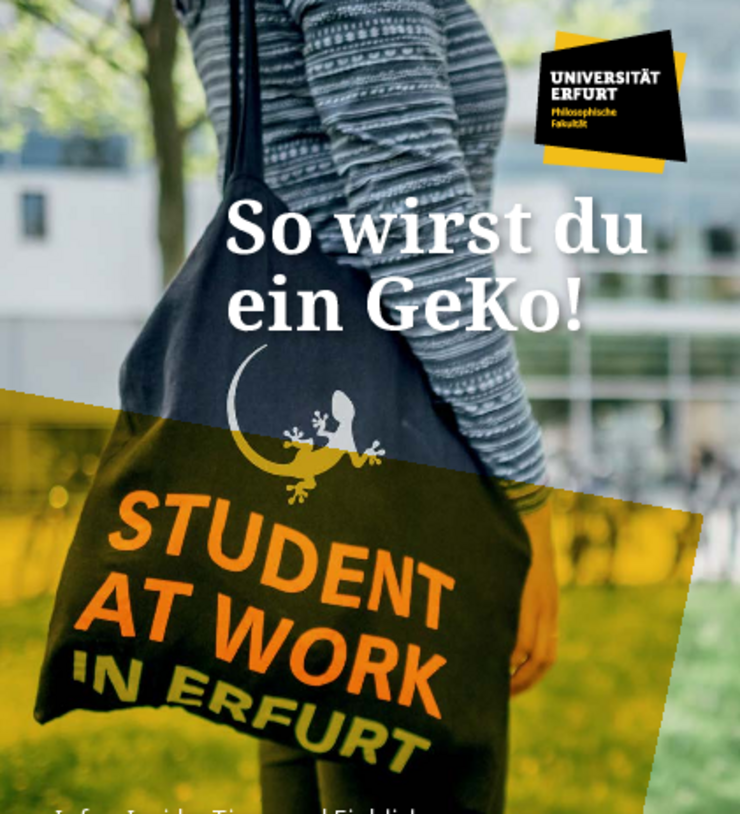
Our compact information brochure offers an authentic and comprehensive insight into the Master's degree programme in Health Communication.
In addition to valuable insider tips on how to apply, you will find detailed information on the programme content and exciting events.
Testimonials from current students and concrete examples show the wide range of opportunities available to graduates and where their career paths can lead.
Attractive career prospects
Become a communications expert! Our graduates of the Master's programme Health Communication (Health Science and Health Psychology) work in the following professional fields:
- in health organisations or authorities,
- in advertising or market research agencies,
- in the healthcare and pharmaceutical industry,
- in hospitals,
- in the field of health marketing and communication in companies,
- in the field of health research and monitoring (e.g. in research institutes),
- in science (e.g. doctorates).
Details of the degree programme
Structure of the Health Communication degree programme
Duration of the Master's programme
The Master's programme in Health Communication generally lasts four semesters (two academic years).
Modules in the Master's degree programme in Health Communication
The Master's degree programme in Health Communication comprises a three-semester study phase and one semester for writing the master's thesis. The programme is divided into the following modules:
Compulsory area:
- Introduction to media and communication science (depending on previous experience)
- Introduction to psychology (depending on previous experience)
- Fundamentals and theories of health communication
- Statistics
- Empirical methods
- Internship: Evidence-informed health communication
- Project module: Master's thesis
Compulsory elective area (1 out of 2):
- Medical foundations of health
- Introduction to Public Health
Elective area (3 out of 7):
- Behaviour change and health promotion
- Social scientific explanation of individual behaviour
- Psychological explanation of individual behaviour
- Public communication
- Interpersonal and organisational communication
- Ethics and morals
- Medical foundations of health or introduction to public health (if not taken as a compulsory elective)
- Consolidation of research skills
In an internship, contacts and experiences with practice are to be deepened. Partners from the fields of health policy, health reporting, health communication and the health industry enrich the range of courses on offer and provide points of friction for students' own experiences, internships and master's theses.
Health Communication examination regulations
Examination regulations for the Master's programme Health Communication 2023 (in German)
Study abroad: gain international experience
Semester abroad
Take the opportunity to gain international experience! Thanks to numerous collaborations with foreign universities, you have the opportunity to spend a semester or year abroad during your degree programme. The 3rd semester is ideally suited for this as an optional mobility window. University partnerships currently exist in Spain, Estonia, Croatia, Lithuania, Switzerland, the Netherlands, Portugal, Italy, Indonesia and the USA, among others. We would be happy to advise you individually.
In preparation, the University of Erfurt offers free language courses at the Language Centre.
The International Office will be happy to help you organise your stay abroad.
Fast track to doctorate

What is the Fast Track doctorate programme?
Fast Track means that talented Master's students are given the opportunity to signal their interest in a possible doctorate at an early stage and to orientate their studies towards this goal. Important parts of the programme, such as the master's thesis, are designed to enable the smoothest possible transition to the doctoral phase, which significantly shortens the time it takes to complete the doctorate.
How does the Fast Track programme work?
In your fourth semester, you will complete a master's thesis in which you demonstrate that you are able to work independently on the assigned topic using scientific methods and present the results appropriately within the allotted time. On the other hand, you also justify your acceptance as a doctoral candidate with a topic based on the content of your master's thesis.
What added value does the Fast Track programme have on the path to a doctorate?
- Shortening the doctoral phase by at least one semester (due to the preparatory work in the master's thesis phase)
- Simplified admission to the doctoral programme after completing the Master's degree (no need to prepare an exposé) and acceptance as a doctoral candidate at the Faculty of Philosophy
- Early integration into the ComDigMed doctoral programme - the master's thesis can already be presented and discussed
- Follow-up supervision after the master's thesis and support in the utilisation of the knowledge gained
Open Day

Open Day
Numerous information and counselling services offer you the opportunity to see the study and living conditions in Erfurt for yourself at the Open Day. Get to know the green campus and the beautiful old town centre on guided tours. Information about the programme: Open Day
Order or download information material
Similar master's programmes
You may also be interested in these MA programmes:
Master's programme Educational Science
Master's programme Global Communication: Politics and Society
Master's programme Children's and Youth Media Studies
Master's programme Psychology

A look behind the scenes: A day as GeKo with a short campus tour
A day as a GeKo: What does a day as a GeKo student actually look like? Our students from the second semester take you through their day at university!
Campus tour: Our students take you to the most important places at the University of Erfurt and invite you to take a short walk around the campus. Have fun watching!
"With the knowledge from my studies, I can do something for a healthier society"
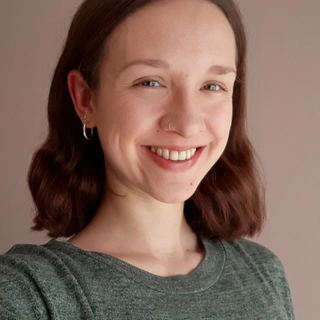
Show moreI am thrilled because the Health Communication degree programme combines my two favourite subjects, Psychology and Communication Science.
Anyone interested in health-related topics is in good hands here! The seminars are really interesting and cover a wide range of topics - there's something for everyone. I didn't know the combination of theory and practice from my bachelor's degree and it's just great. The professors are really committed and you're not just "a number" here.
A great degree programme for anyone who wants to learn good scientific practice. A lot of emphasis is placed on statistics, research methods and open science. There is a great selection of exciting seminars in the elective areas. The supervision is very individualised and great projects are always implemented. There are definitely no boring seminars here! All the lecturers are passionate about their subjects. You also have a lot of freedom when choosing a topic for your final thesis.
I can recommend the Master's programme to anyone who has (for example) a background in Communication Science and would like to do something different. The degree programme is an exciting mix of psychology, medicine and public health. The psychology lecture in particular is great. However, you should be aware that it is a scientific degree programme and therefore a lot of emphasis is placed on research and statistics. All in all, I am always motivated by the fact that health is such an important topic that has an impact on all areas of life and you can tell that the students want to make a positive difference.
Admission requirements
Admission requirements for the Master's in Health Communication
- Completion of a relevant academic degree programme in communication science or psychology
- Familiarity with empirical research methods (qualitative and/or quantitative research methods as well as statistical evaluation procedures and/or empirical project work totalling 18 credit points)
- Successful participation in the selection process
Graduates of the degree programmes Media Studies, Journalism, Educational Science, Health Communication, Biology, Medicine or Public Health may be admitted under certain conditions.
Don't be afraid of statistics: "Fit for statistics" preliminary course
At the beginning of each winter semester, we offer an advanced and refresher course in statistics in preparation for the advanced statistics in the master's programme in Health Communication.
The course covers the most important inferential statistical methods such as ANOVA, regression and repeated measures. The preliminary course begins with a two-week self-study unit, which is supported by online lectures. Voluntary participation in the course is recommended for all those who wish to refresh and supplement their knowledge of statistics.
Health Communication Master's selection process
Selection interview and BA final grade
The selection process consists of the two components selection interview and BA final grade, each of which is weighted equally.
In the selection interview, a maximum of 10 points are awarded for each of the criteria:
- Communication skills and ability to self-assess,
- scientific argumentation and problem-solving skills,
- relevant practical experience and
- professional motivation to complete a scientific MA programme,
so that a maximum of 40 points can be achieved here. The letter of motivation is included in the assessment of the selection interview.
The BA final grade is converted into points. The maximum score of 40 points is achieved by those who can prove a grade of 1.0. For every 0.1 drop in the grade, one point less is awarded. If the BA final grade is not yet available at the time of application, the grade required for the applicant to be finally admitted by the examination board is determined by evaluating the selection interview.
Applicants who receive at least 60 out of 80 points are deemed to have successfully passed the selection process.
Language requirements Master Health Communication
Language Centre
The Language Centre offers around 140 language courses per semester in 16 modern and old (foreign) languages.
It supports you in acquiring and improving your language skills.
www.uni-erfurt.de/sprachenzentrum
Apply now for the Master's programme in Health Communication!
Secure your place and start in the winter semester – the application deadline runs from 1 January to 15 July (cut-off date).
Questions about the application? You can find answers in our FAQs.
Selection process
In addition to a curriculum vitae in tabular form and evidence of relevant previous studies, the application must be accompanied by a letter of motivation of no more than 750 words. This letter of motivation should include an overview of previous academic and professional/practical training, e.g. completed projects and/or internships, experience abroad during the first degree programme and/or academic activities in the field of health communication. All activities must be supported by suitable evidence.
Further information on the selection process can be found in the examination regulations:
Checklist for application documents
Letter of motivation
The letter of motivation of max. 750 words should include an overview of the applicant's previous academic and professional/practical educational background, e.g. completed projects and/or internships, experience abroad during the first degree programme and/or academic activities in the field of health communication.
Curriculum vitae in tabular form
Transcript of Records (ToR)
Final certificate
- Proof of a relevant previous degree programme (Bachelor's degree certificate)
If you do not yet have your Bachelor's degree certificate:
If you intend to complete your studies in the current semester and/or do not yet have a transcript of records or a degree certificate, please select "Studies not yet completed or certificate not yet received" in the online application process. You will then be asked to upload a transcript of records for all study and examination achievements to date during the application process.
Proof of internships
Proof of methodological knowledge
- Proof of the required 18 credit points in social science research methods/statistics
We recommend that you complete the table of credits or mark the relevant courses in your transcript of records.

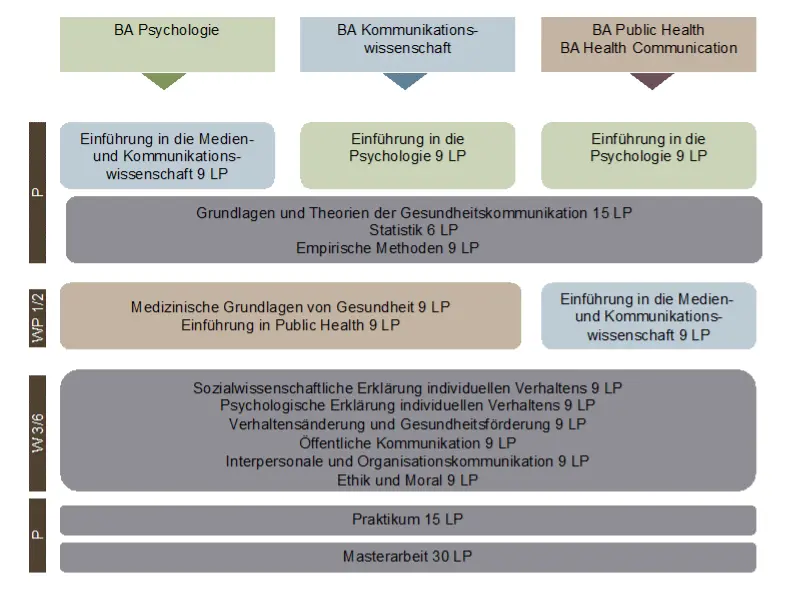




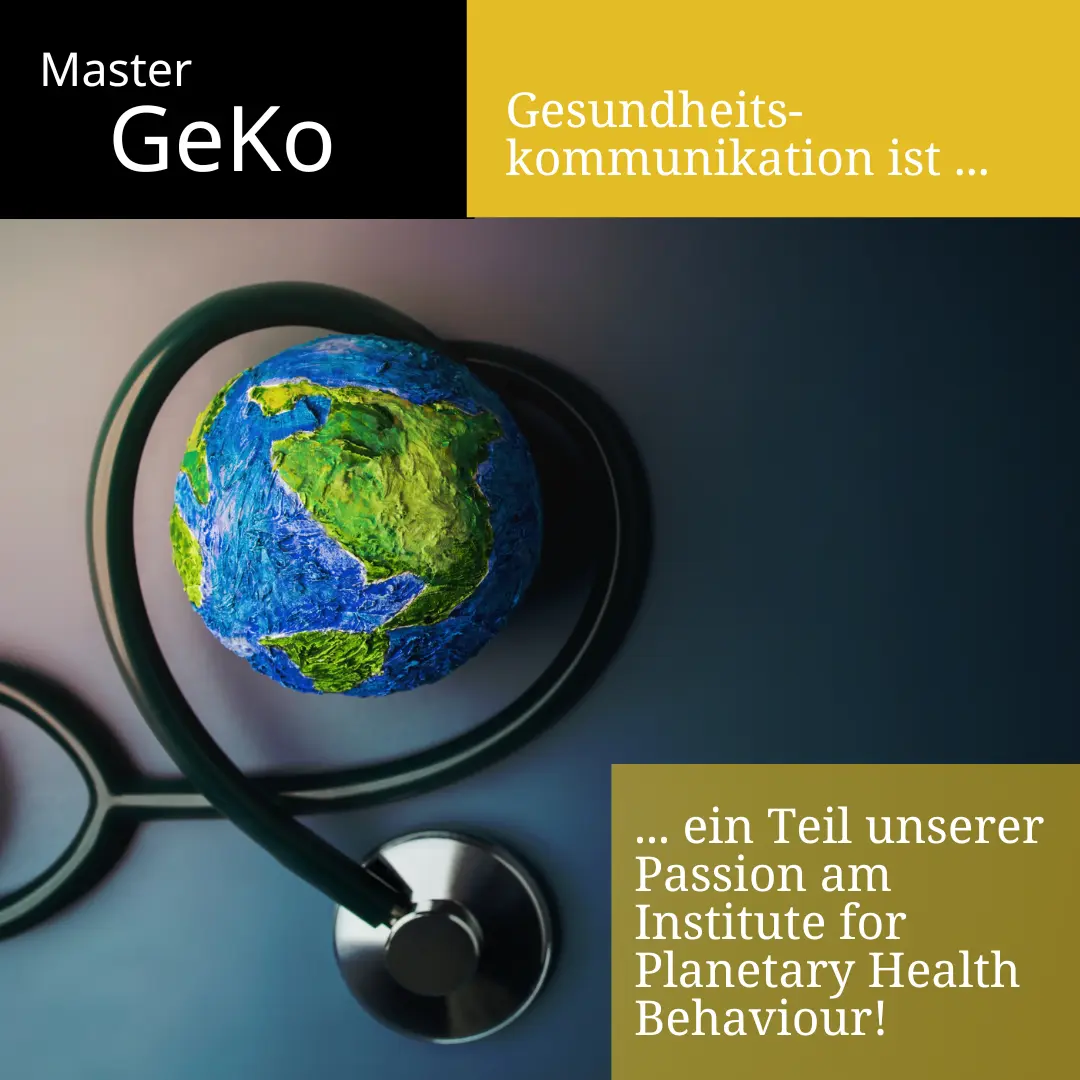
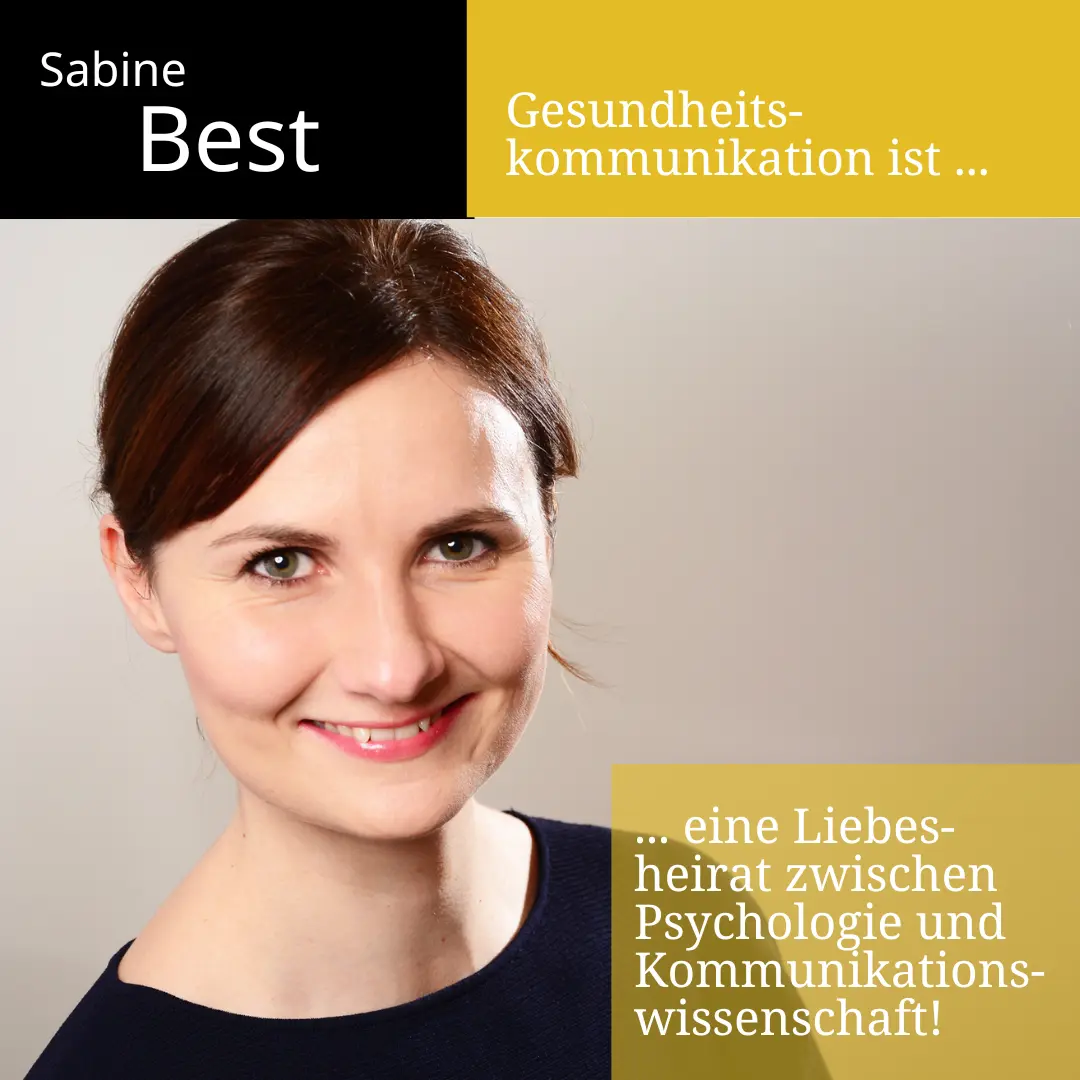
![[Translate to English:] Bewerbungszeit](/fileadmin/_processed_/e/8/csm_Bewerbungszeit-Uni-Erfurt_bc5c1d1590.webp)

